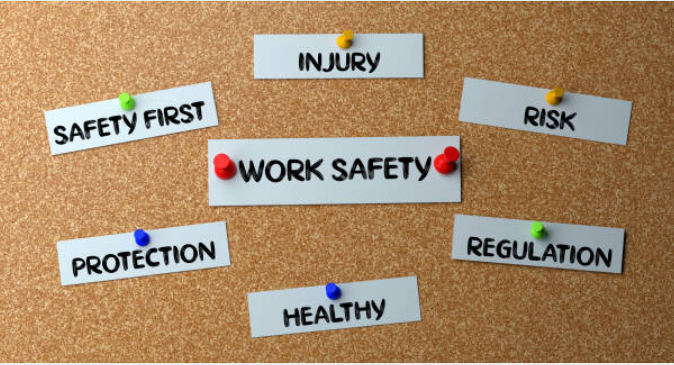Beating Seasonal Allergies
Spring is the new beginning season. It is the season of beauty and unforgiveness from a harsh winter and limited rains. Spring is the time of year where many spruce up their homes, remove the old and clean up to permit the new to be sprawled around. Spring is when flowers blossom and show off their colors. It is when the turf changes from a tan or light green to a plusher green that is 3 inches tall. This season is when the trees sprout and their leaves present their warm inviting colors. Yes, spring is the season where we come out and commune with our neighbors. But, wait, spring is the season where seasonal allergy sufferers put on armor to fight the good fight of pollen.
There are three primary pollen types that make up seasonal allergy (trees, weeds, and grass). During the months of March, April, May, and June, pollen is more prevalent in areas where trees accumulate. These same trees were pruned in the fall to ensure the leaves are gorgeous in the spring are the ones that bring us teary eyes and runny noses. Even though trees can promote allergies, they mean us well. Trees bring us oxygen…woe, that was a close one.
So, how do you beat seasonal allergies? Do not worry, FAME Solutions have compiled a list of ways to survive the season and protect yourself against pollen.
Pollen is not bad. In order for plants to reproduce seeds, they have to be pollinated. Without it, we humans would not have food. Now, this makes sense and so pollen is forgiven and there won’t be a hate crusade. But, what can I do? FAME Solutions recommends the following ways to manage your seasonal allergies.
How to Beat Seasonal Allergies?
Knowing when it is safe to go outside is key to managing allergies. For instance, you are better served to avoid the outdoors in the mornings and in the evenings. Pollen is higher during these times of the day.
There is a myriad of over-the-counter (OTC) medicines that you can take to reduce or eliminate pollen irritations. Taking antihistamines is also good alternatives to managing allergies. Before starting a regimen, seek professional medical advice to determine what OTCs are best for you. If you experience a medical emergency, call 911 immediately.
Pollen moves around especially when it is windy outside. Although there is a temptation to allow fresh air to enter, allergy sufferers should keep doors and windows closed. If it does get inside, clean surfaces, vacuum carpeted floors, and mop hard floors.



